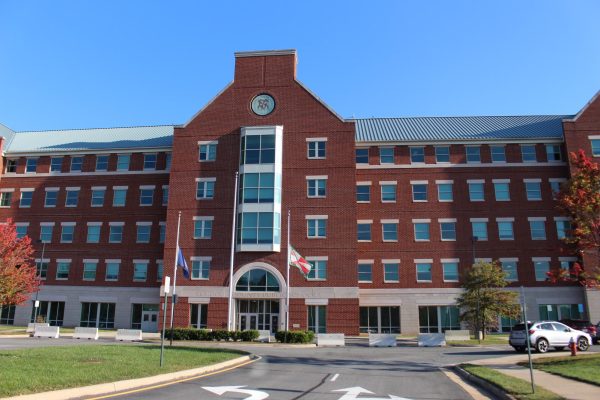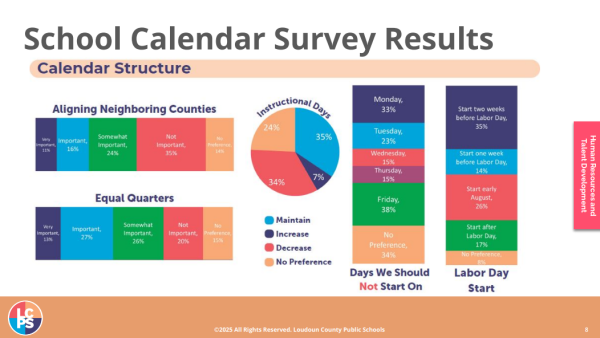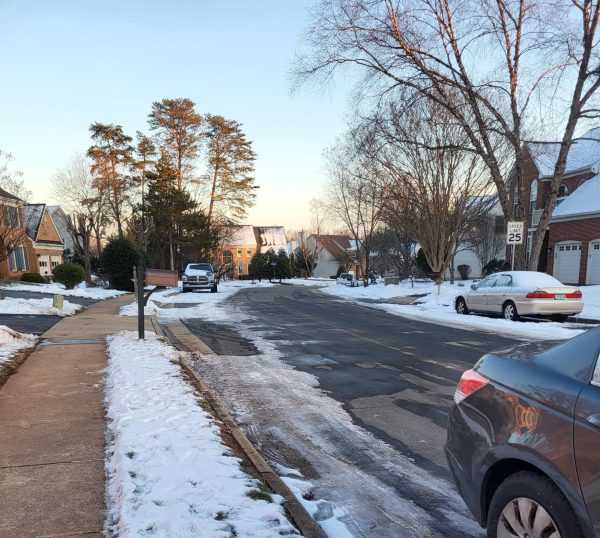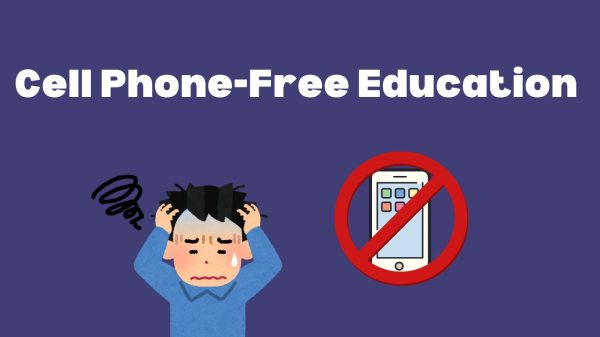A Breakdown of the Israel-Palestine Conflict
I, Makaristos, CC BY-SA 3.0
A display of crossed Israeli and Palestinian flags with the word for peace in both Arabic (Salaam/Salam السلام) and Hebrew (Shalom שלום).
UPDATE: Hamas and The Israeli have since negotiated a cease-fire after 11 days of conflict.
How did this begin?
Al Jazeera, which is funded by the government of Qatar, first reported in November of 2020 that the Israeli Magistrates’ Court ruled in favor of the eviction Palestinian families living in the East Jerusalem neighborhood, Sheik Jarrah, under a 1970 law that allows Israelis to reclaim land once owned by Jewish people in East Jerusalem. The decision was appealed to Israel’s Supreme Court, but as CNN reports, the court postponed the date of the original hearing, May 10th 2021, to a new date which has yet to be determined.
As Al Jazeera describes, The families currently facing eviction are the descendants of families originally evicted from their homes in Israel in 1956, who settled in East Jerusalem, then under control of Jordan. The country of Jordan had built housing projects for them and as part of an agreement with the United Nations, agreed to transfer deeds to the homes if the families renounce their refugee status.
However, in 1967, Israel took control of East Jerusalem, in a highly controversial move, and declared the entire city as its capital, as described by CNN. Much of the world currently does not recognize Jerusalem, but rather Tel Aviv as the capital of Israel, and neither did the U.S. until then President Trump moved the Embassy to Jerusalem 2017, officially recognizing the city as Israel’s capital. Over the years, Israeli settlers have attempted to move into East Jerusalem, and petitioned the Israeli government to evict Palestinians, sparking controversy, Al Jazeera describes.
How has it escalated?
Tension has been building following the Magistrate Court’s decision to evict families, and as Palestinians and Israelis await a Supreme Court decision. On May 5th, Reuters reported of conflict between police-backed Israeli settlers, and Palestinians. At the time, Israeli Police dawned riot gear and rode on horse back to quell protests.
On May 8th, Reuters reported that fights had broken out between Israeli police, Jewish settlers, and Palestinians outside Al Aqsa Mosque. This site is considered to be among the holiest in Jerusalem for Muslims, and Palestinians had been there to pray during the month of Ramadan, and also in protest of the evictions. Police fired rubber bullets and stun grenades as Palestinians threw rocks back at them. Reuters reported that a minimum 17 police officers and 205 Palestinians were injured.
Then on May 10th, NBC News reported that the militant group Hamas took a significant escalation by firing rockets towards Jerusalem. Israel responded by firing their own rockets on Hamas targets in the Gaza Strip. Rocket fire has continued back and forth ever since.
Where do things stand right now?
As of now, Hamas has shifted their target from Jerusalem to Tel Aviv, the internationally recognized capital of Israel. The Washington Post reports that 10 Israeli deaths have been attributed to Hamas, versus 212 Palestinian deaths including many women and children being attributed to Israel.
The drastically different death tolls have called into question the proportionality of Israel’s response to Hamas, and the number of civilians killed have raised concerns among human rights advocates. The Washington Post also reported that Israel destroyed a building in the Gaza strip housing offices of the Associated Press, Al Jazeera, and other news organizations, prompting Reporters without Borders to call for an investigation by the International Crime Court into potential war crimes committed by the Israeli Defense Forces. Israel has defended the action claiming that Hamas was hiding out in the same building, but still has not provided any evidence to back up this claim.
However, the Hamas militant group has come under significant scrutiny as well. Hamas is recognized as a terror organization by the United States Government, as well as much of the international community, and has been responsible for kidnappings and suicide bombings over the years. Hamas has targeted rockets at civilians as well as military sites in Tel Aviv, also prompting calls for an investigation into possible war crimes. Hamas has also been accused of using civilians as “human shields” by placing military sites in neighborhoods, and near schools. It is important to note that while Hamas is a dominant force in the Gaza Strip and parts of the West Bank, not all Palestinians are supportive of their rule.
Where is the International Community in all of this?
For America’s Part, CNBC has reported that Biden has expressed publicly to support a ceasefire, and talked with Israel Prime Minister Netanyahu about the issue. White House Press Secretary Jen Psaki appeared to suggest that the U.S. is more closely involved than meets the eye, saying, “Our approach is through quite, intensive diplomacy,”
As with almost every issue these days, the Israel-Palestine Conflict has divided Americans along party lines, with left-wing members of the Democratic Party such Rep. Alexandria Ocasio Cortez criticizing Biden for not addressing the forced evictions of Palestinians, and right-wing Republicans like former Secretary of State under President Trump Mike Pompeo criticizing Biden for not being vocal enough in support of Israel.
The United Nations has gone a step farther, publicly demanding a ceasefire, and calling for more intense mediation efforts, and claiming to be involved in such efforts. The UN has also cited the displacement of Palestinians in Gaza and the need for better conditions for refugees. However, the UN has also been under fire for failing to acknowledge the forced evictions in East Jerusalem as well.
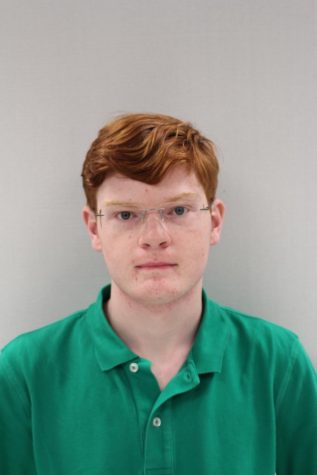
Kevin Myers is Creative Director of DHS Press Video, and producer of video content. He is passionate about current events, and loves to tell stories through...



